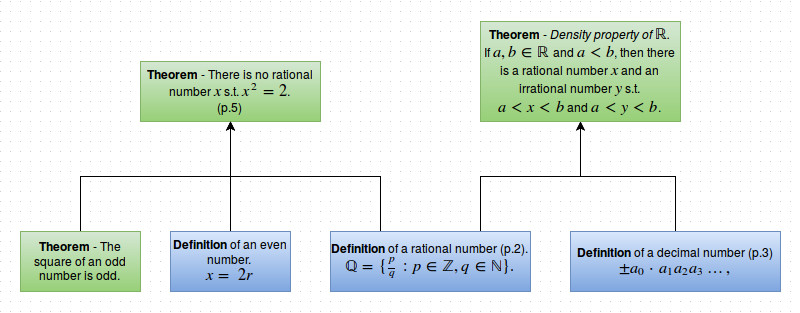I've just finished reading Lara Alcock's book on how to learn about Analysis. Or rather, I've finished reading the first part, and the part on the real number system.
Overall, the book has led me to reconsider my current learning technique. So much so, I've compiled a list of steps to follow depending on whether I read about a new definition, theorem or proof.
In turn, this has made me realise I may benefit from starting my main book on Analysis again from the beginning, but applying these new steps as I go. After all, I am still only at the beginning (kind of), and I don't have any kind of deadline looming over me (which is really nice). Overall it seems like the perfect opportunity to try out some new learning methodologies!
Out of the handful of additions, there are two really big changes for me.
The first being mind maps. As I go through my Analysis, I'll be creating a mind map of concepts, seeing how one builds on another. I'd tried to use mind maps before at university and they'd largely proved completely useless. Here, however, mind maps appear to offer a perfect way to visualise the building of concepts into larger concepts. Here's the beginning of my first mind map!

I'm using draw.io as the tool of choice. It seems flexible enough for what I need it for, it can save as XML, and it supports mathematical notation! (mathjax latex formatting I believe)
The second big change to my learning involves learning by self-explanation. This technique, mentioned in Lara Alcock's book, appears to be one of the key processes involved in truly understanding and appreciating Analysis. You can find out more about self-explanation training from Loughborough University's Mathematics Education Centre website. My difficulty here will lie in concentrating on actually doing self-explanation, rather than just paraphrasing (turns out, it's a very easy trap to fall in). So long as I do it regularly enough, self-explanation will be more likely to come to me naturally.
Expected result: More effective learning and better notes!

